rubies
Do you have any thoughts on this post?
A smart auction bid put Brian Duncan out in the field with the MeatEater host for a dream hunt
If you listen to the MeatEater podcast or watch Steven Rinella’s show, you probably feel like you know him and his whole crew. But you’d be forgiven for feeling a little pressure if he was watching you line up on a bull. Brian Duncan gives us a taste of what it was like to bid for and win a truly unique Colorado elk hunt that brought him face to face with his conservation idol and a hunter’s hunter.
Here’s his story.
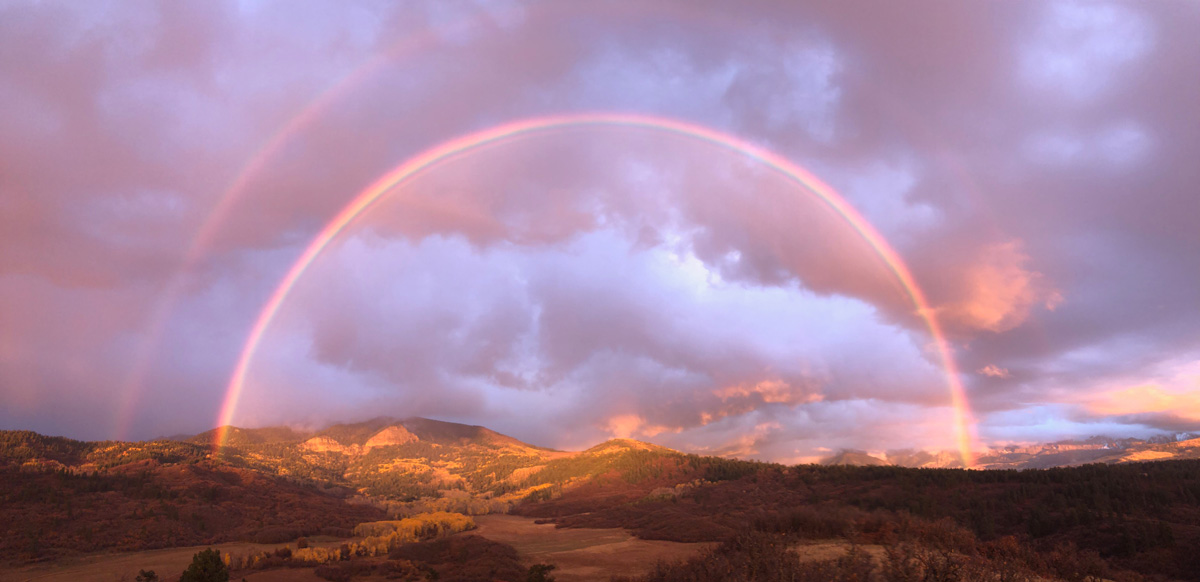
I couldn’t believe it when I won—I didn’t think I had a chance at having the highest bid, but before you knew it, I was on the trip of a lifetime with Steven Rinella. He’s someone I’ve always looked up to in the hunting and fishing world, and the information he puts out there really inspired me to get into conservation over the years.
But the last thing I wanted to be was a goofy fan, so there were some jitters about meeting and hanging out with him and Janis Putelis. In the weeks leading up to the hunt, I kept thinking, Am I going to miss or do something stupid in front of them? But those feelings went away quickly once we arrived—not only were they fantastic and welcoming, but there was little to no time to be nervous.
Together with my nephew Jon and some friends, we touched down in Denver and drove up to the ranch, where we immediately sighted in our rifles—we were hunting within hours of being on the ground. Our buddies went fishing with folks from the TRCP, while I went with Steve and Janis guided Jon.
Little did we know that this hunt would start slow and have a fairly dramatic conclusion.
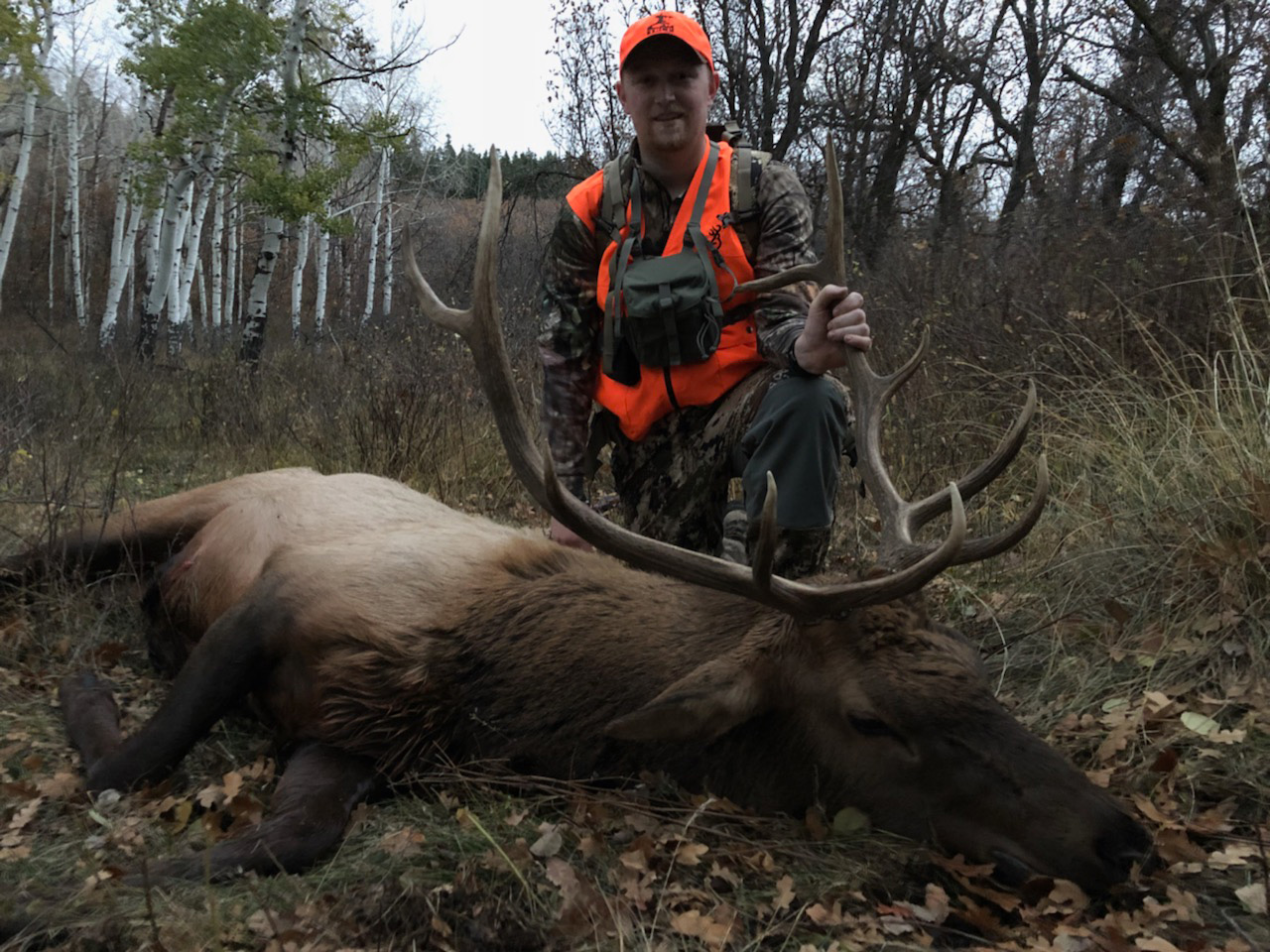
At first, Steve and I were just trying to establish a pattern of behavior for this group of elk that liked to hang in a meadow. They seemed to know exactly when it was about to be legal shooting light, because they’d filter into the timber so we didn’t have a shot. It was a cat-and-mouse game to set up in the right spot with enough light left.
I was getting antsy as the days passed and I felt like I only had a few chances left. But things started heating up on our last afternoon: They’d been bugling at us all day, and I was getting excited thinking, This is finally going to happen.
But then, suddenly, we heard a shot—my nephew Jon had gotten his bull. I was excited for him, but knew I’d be disappointed if it had spooked the elk on their way to my field.
Still, they came streaming into the meadow, and we were in position. There were only a few minutes of legal shooting light left. Steve was pointing out a bull and I was trying to find it in my binos and scope, but ultimately I thought it was just too dark to risk having a near miss.
We celebrated Jon’s success that night and it would not have been a loss if we left it at that. In the evenings, Chef Andy Radzialowski prepared the most incredible meals, and the topics of discussion over dinner and coffee ranged from hunting and conservation to literature and politics. That was almost the best part, spending time with so many smart, funny, conservation-minded people and just telling stories.
Like I said, it was almost the best part.
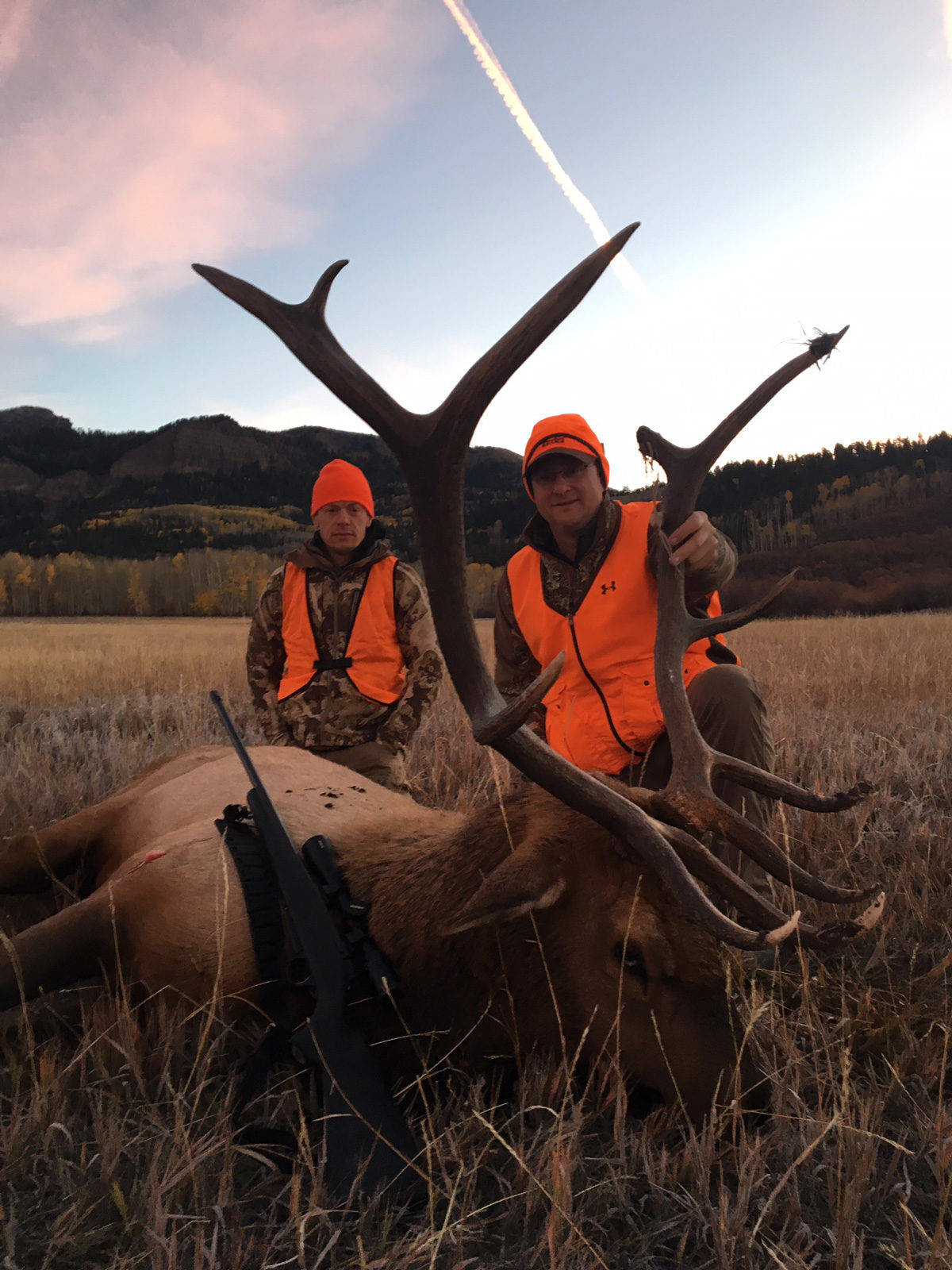
There was a one-hour window of opportunity the next morning before everyone had to leave to make their flights, and Steve asked me if I wanted to go for it one more time. So, we got up even earlier and headed back out to the meadow.
This time, we went all the way around back to where the elk had been exiting into the timber the day before, and just minutes after legal shooting light, there was a bull right out in front of me. It was a nice 5×6 (would have been a 6×6 if one of his tines wasn’t broken off) and it was bugling its head off with a bunch of cows around him. I fired, perhaps a little rushed, and he spun around, but my second shot took him down right away.
They’re always such impressive animals, even if this wasn’t the biggest bull in the world. I already have a full shoulder mount at home, so I plan to have this bull euro mounted for the main wall in my lake house. The real trophy is what’s in my freezer—and every time I share that meat with family or friends, I get to tell the incredible story.
TRCP’s “In the Arena” series highlights the individual voices of hunters and anglers who, as Theodore Roosevelt so famously said, strive valiantly in the worthy cause of conservation
Home waters: North-central Pennsylvania
Occupation: Outdoor photographer, flyfishing guide, and full-time hydrogeologist
Conservation credentials: Has spent 15 years volunteering to restore streams and advocate for wild trout
We’re betting that William Kosmer’s waders are practically never dry. Between his day job, his guiding business, and his volunteer work to help restore some of Pennsylvania’s best wild trout waters, Kosmer still finds time to teach kids about fishing and the hidden world of creepy crawlies that support the riparian ecosystem. But he says he’s not alone: There is a vibrant community of flyfishermen, outdoor recreation businesses, and educators invested in cleaner water for the next generation of anglers.
Here’s his story.
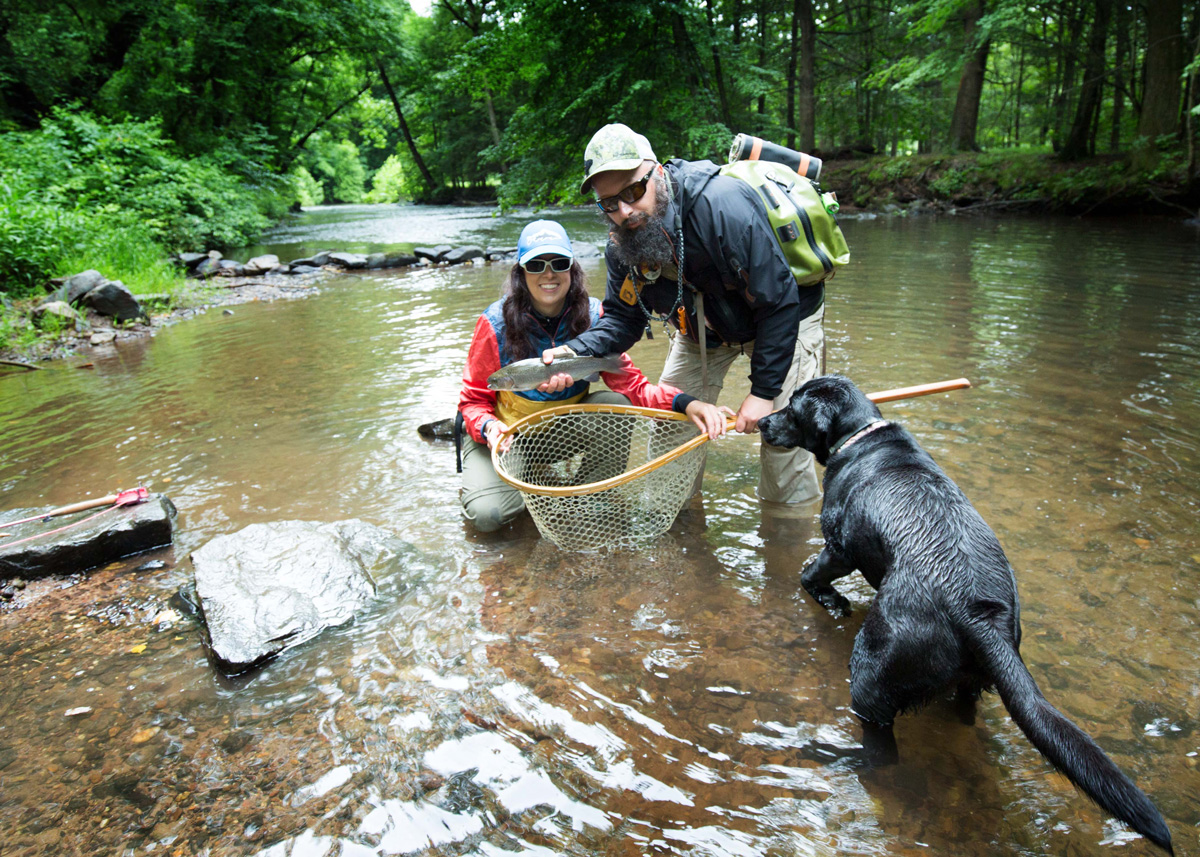
I would have to say my love of fishing started with my father. He introduced me to the outdoors and photography from an early age, and I really haven’t looked back since.
But it’s concerning to see the decline in license sales—kids just aren’t getting introduced to the outdoors like I did. Through Trout Unlimited, I volunteer to guide veterans, teach kids to tie flies, and get people interested in fishing, generally. When kids start turning over rocks and finding bugs, they can’t believe all that has been down there the whole time—it’s always a big crowd pleaser. We also bring trout into the classroom, where kids can raise brook trout eggs and fry into full-grown fish and eventually release them into the stream.
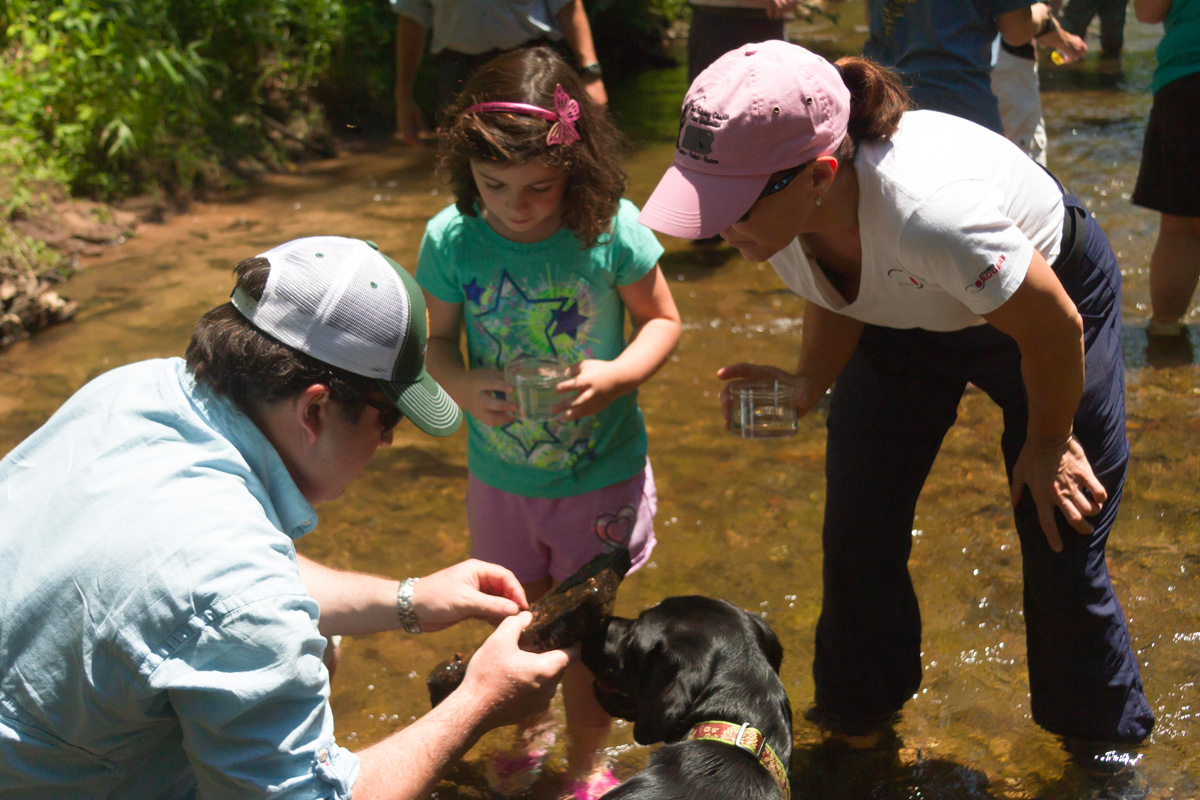
I believe that conservation is not just about protecting the resources we currently have, it’s also about striving to improve them for future generations. And clean water is the key element that powers all our outdoor lives. Without it, nothing worth anything exists.
I fish all over the state of Pennsylvania, but southern Chile is my second home and the site of my most memorable outdoor adventures. It has some of the most incredible scenery and fishing I have ever had the opportunity experience and, not coincidentally, some of the cleanest water on the planet. It’s almost untouched by humans and there are a lot of wetlands to filter out pollutants and keep it that way.
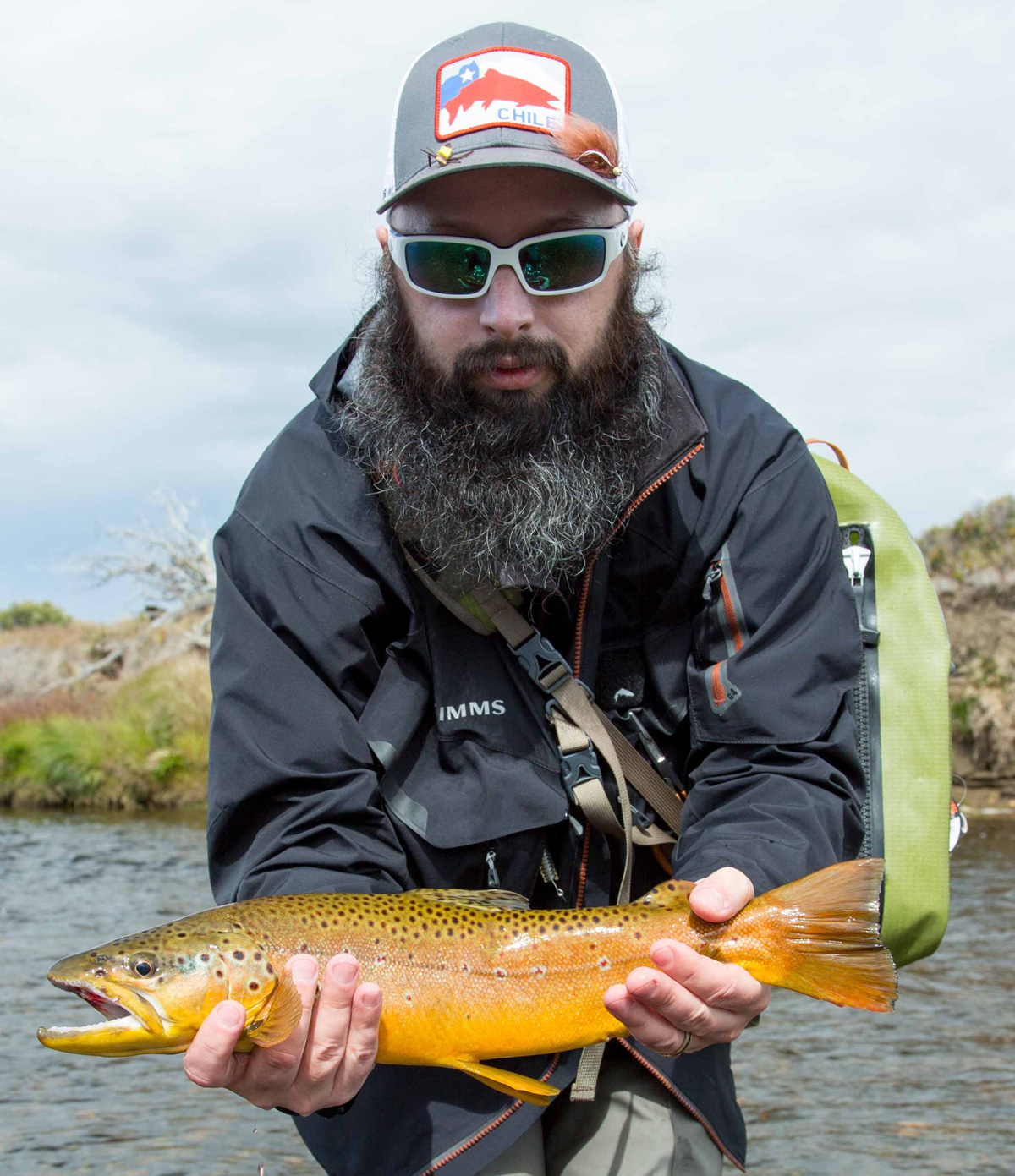
Meanwhile, water use and pollution are two of the biggest conservation challenges where I live most of the year. Especially down in the Harrisburg area and in farming communities, trees were clear cut years ago and uncontrolled runoff has put a lot of sediment in the streams. That really impacts the macro-invertebrates that fish eat. So, as volunteers, we’ll do riparian buffer plantings with grasses and trees that hold the sediment back. We also install some in-stream structures to mobilize the water, create more current, and move that sediment along.
Trout prefer a cooler temperature, so when you remove all those trees, you also allow the sun to heat the water as the sediment slows the water down. You end up with a wider, warmer shallow stream, which isn’t as beneficial for trout as a deeper, cooler stream. We actually classify temperature as a pollutant.
This work that we do to curb sediment in Pa. has far-reaching benefits: It helps the fishing up here, but it also keeps a lot of that sediment from reaching the Chesapeake Bay, where many of my friends guide and fish. So, I’m used to thinking about the impact of my actions on what happens downstream. Not everybody does.
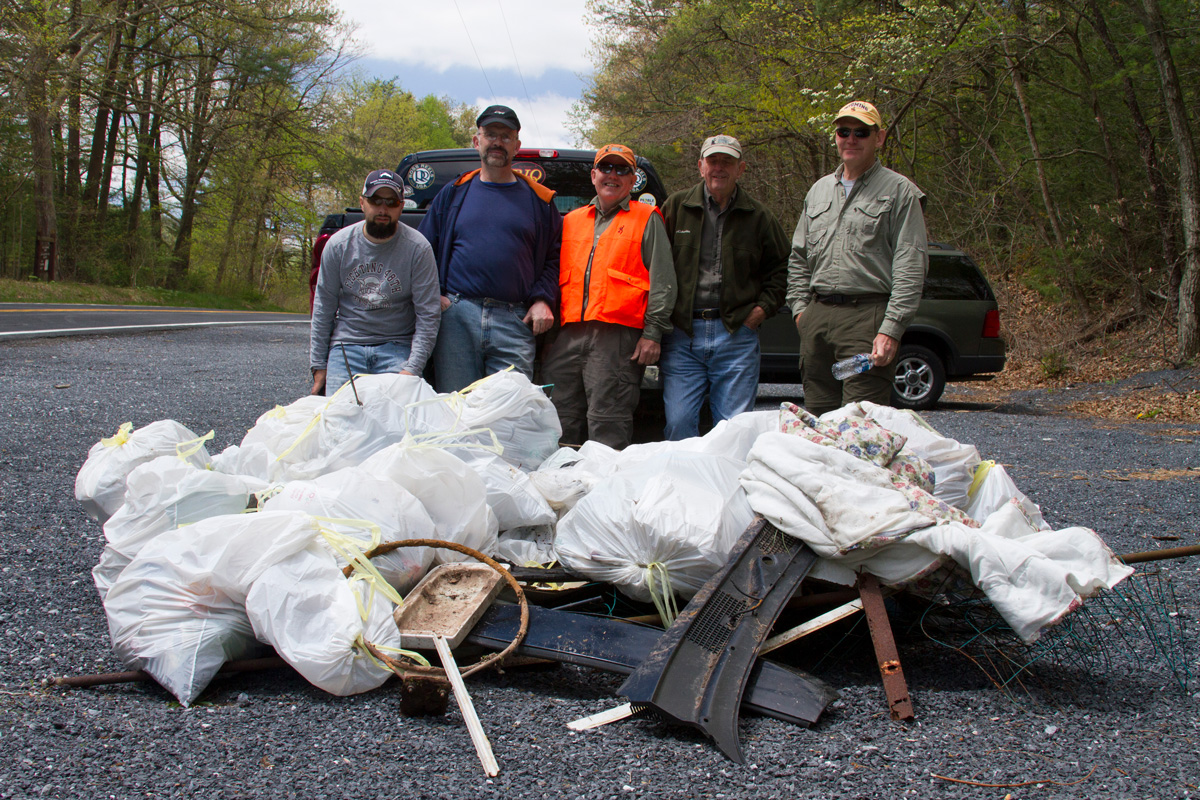
We’re so lucky to have a lot of clean water and streams that have made a comeback. And there are many volunteers and businesses who are generous with their time and money. (I’m pretty sure TCO Fly Shop, for example, supports every TU chapter around the state!)
But the east coast population and industries are extremely taxing on our waterways. There is a long history of abusing our water resources, especially in Pa. We can allow for economic growth and still utilize what we have in a responsible manner.
And we need to keep sharing our love of fishing with others. I’m 40 and I’m usually the young guy in the room—that’s not good. Because as much as any of us would like to have the water to ourselves, if no one is using these resources then no one will care about them.
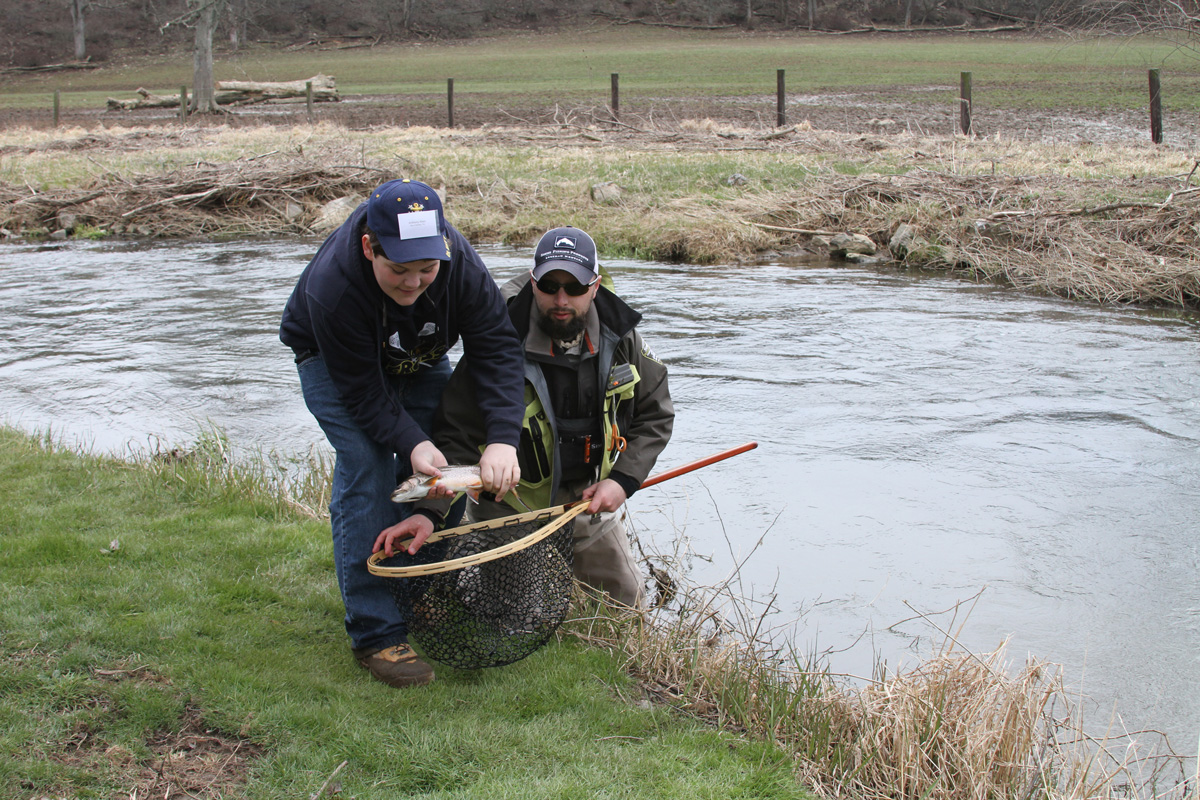
Follow William Kosmer’s adventures on his blog. Do you know someone “In the Arena” who should be featured here? Email info@trcp.org for a questionnaire.
14 national groups and 70 local affiliate chapters oppose the proposed weakening of clean water standards that would threaten fish and wildlife habitat
Today, dozens of national, regional, and local hunting and fishing groups submitted final comments on the EPA’s proposed rollback of Clean Water Act protections for 50 percent of wetlands and 18 percent of stream miles in the U.S. Their comments underscore the potential economic consequences for rural communities and outdoor recreation businesses and the species that stand to lose habitat if clean water standards are weakened.
The Theodore Roosevelt Conservation Partnership has also mobilized more than 3,500 individual sportsmen and women to submit comments opposing the rollback during the brief comment period.
“At every step of the EPA’s rule replacement process on what waters qualify for Clean Water Act protections, hunters and anglers have been clear about their support for safeguards on headwaters and wetlands,” says Whit Fosburgh, president and CEO of the Theodore Roosevelt Conservation Partnership. “The science supports protecting these habitats as interconnected to larger water systems, the economics of defending outdoor recreation opportunities and businesses makes sense, and Americans will continue to stand up for clean water to power their outdoor pursuits.”
The groups write that the proposed rule represents a “wholesale gutting of the Clean Water Act’s 47 years of protection for our nation’s waters,” with habitat that supports trout, salmon, pintails, mallards, teal, and snow geese in the crosshairs.
Read the detailed comments here. Fourteen national groups and 70 state and local affiliate chapters signed in support.
Photo by Project Healing Waters via flickr.
Forage Fish Conservation Act would improve recreational fishing opportunities
U.S. Representatives Debbie Dingell (D-Mich.) and Brian Mast (R-Fla.) have introduced legislation to promote responsible management of forage fish—the smaller bait fish that larger sportfish rely on for food.
The Forage Fish Conservation Act would address a decline in forage fish populations, strengthen sportfish populations, and support better recreational fishing opportunities. Forage fish populations have been declining due to numerous pressures, including changing ocean conditions, and this legislation takes steps to support a more robust marine food web.
“This legislation uses sound science to preserve our nation’s fishing economy,” said Whit Fosburgh, president and CEO of the Theodore Roosevelt Conservation Partnership. “Declining populations of forage fish hurt the entire marine ecosystem and sportfishing opportunities. This bill will help prevent overfishing and create sustainable fisheries. We appreciate Representative Dingell working with a broad coalition to advance conservation efforts across the country.”
The Forage Fish Conservation Act ensures that enough forage fish remain in the water by:
The Forage Fish Conservation Act is also co-sponsored by Representatives Matt Cartwright (D-Pa.), Fred Upton (R-Mich.), Billy Long (R-Mo.), and Jared Huffman (D-Calif.)
Photo by the Chesapeake Bay Program via flickr.
TRCP has partnered with Afuera Coffee Co. to further our commitment to conservation. $4 from each bag is donated to the TRCP, to help continue our efforts of safeguarding critical habitats, productive hunting grounds, and favorite fishing holes for future generations.
Learn More

Sign up to read our economic report on the jobs created by investing in conservation.